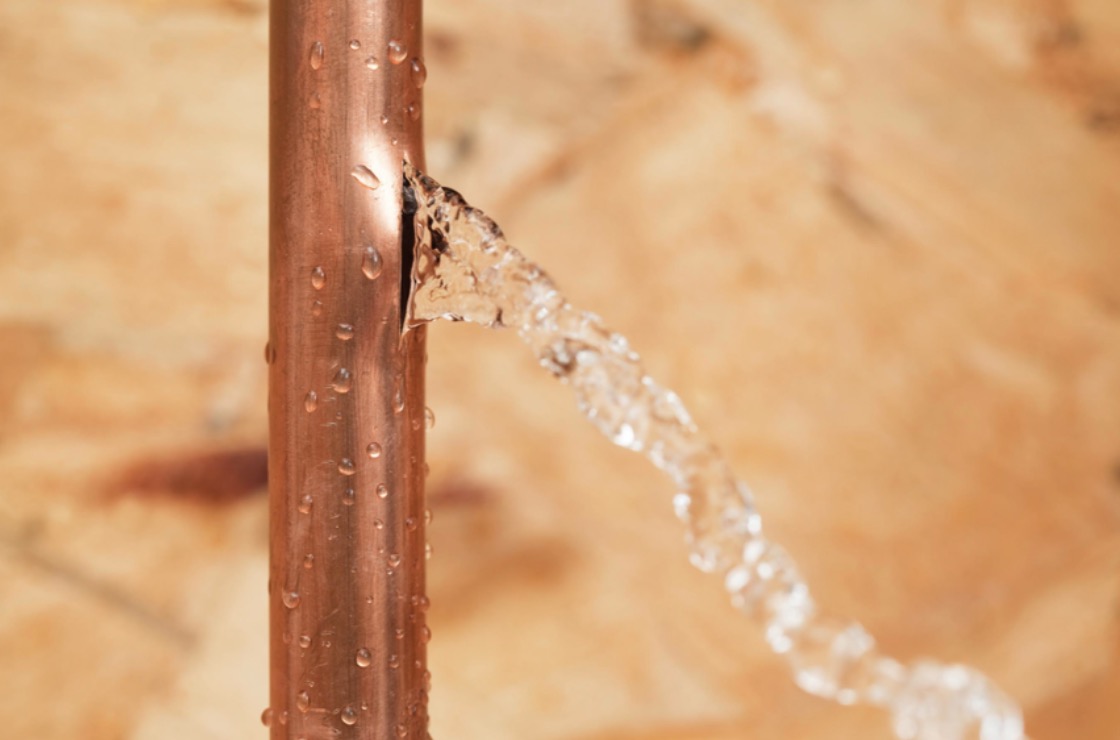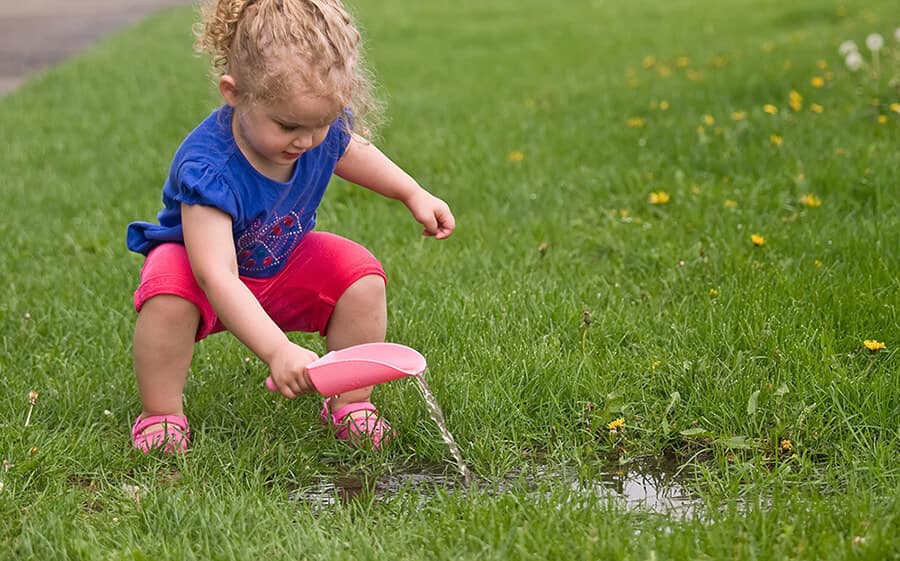Getting to Know The Factors Behind Water Leaks Are So Common in Your Home
Getting to Know The Factors Behind Water Leaks Are So Common in Your Home
Blog Article
They are making several good pointers regarding How to detect water leaks in your home as a whole in the content beneath.

Leaks not only cause waste of water yet can also trigger unneeded damages to your house as well as advertise undesirable organic development. Unfortunately, water leaks could go unnoticed because the majority of the pipework in our residence is concealed. By understanding and also looking for everyday situations that cause leakages, you can safeguard your house from future leaks and also unnecessary damage. Today, we will certainly look at 6 leak triggers that may be triggering your pipelines to leak.
Intruding origins
Most water leakages begin outside the home instead than inside it. You may see damp spots or sinkholes in your lawn, as well as that may mean that tree origins are attacking water lines causing water to leak out.
Corroded water supply
This may be the cause of staining or warping on your water pipelines. If our plumbing system is old, think about replacing the pipes given that they are at a higher danger of deterioration than the newer designs.
Defective Pipe Joints
The factor at which your pipes link is regularly the weakest link in the waterline. Pipeline joints can wear away over time, leading to water leakages. However, most of pipe joints are not easily visible. If you have noisy pipes that make ticking or banging noises, specifically when the hot water is switched on, your pipeline joints are possibly under a great deal of pressure. It is advisable to have your plumber examine your system annually.
Instant temperature changes.
Extreme temperature adjustments in our pipelines can trigger them to broaden and contract all of a sudden. This growth and tightening may create fractures in the pipes, especially if the temperature level are below freezing. It would be best if you watched on how your plumbing functions. The presence of the previously mentioned scenarios frequently suggests a high risk.
Poor Water Connectors
Sometimes, a leakage can be caused by loose tubes and pipes that provide your devices. Generally, changing is what triggers the loosened water Links. You could discover when it comes to a washing machine, a hose may spring a leak as a result of trembling during the spin cycle. In case of a water links leak, you might observe water running directly from the supply line or pools around your appliances.
Blocked Drains
Obstructed drains might be irritating as well as inconveniencing, however they can occasionally end up causing an overflow causing break pipelines. Maintain getting rid of any materials that may go down your drains that might block them to prevent such troubles.
All the above are sources of leaks however not all water leakages result from plumbing leaks; some leaks could originate from roof covering leakages. All leaks ought to be fixed right away to avoid water damages.
Leakages not just trigger waste of water but can also create unneeded damage to your residence and also promote undesirable natural growth. By recognizing as well as looking for daily scenarios that trigger leakages, you can secure your residence from future leaks and also unnecessary damages. Today, we will certainly look at six leakage causes that may be creating your pipes to leak.
At times, a leakage can be caused by loose pipes and pipes that supply your devices. In case of a water links leakage, you might notice water running directly from the supply line or puddles around your home appliances.
How To Check For Water Leak In Your Home
How To Check for Leaks
The average household's leaks can account for nearly 10,000 gallons of water wasted every year and ten percent of homes have leaks that waste 90 gallons or more per day. Common types of leaks found in the home are worn toilet flappers, dripping faucets, and other leaking valves. These types of leaks are often easy to fix, requiring only a few tools and hardware that can pay for themselves in water savings. Fixing easily corrected household water leaks can save homeowners about 10 percent on their water bills.
To check for leaks in your home, you first need to determine whether you're wasting water and then identify the source of the leak. Here are some tips for finding leaks:
Take a look at your water usage during a colder month, such as January or February. If a family of four exceeds 12,000 gallons per month, there are serious leaks.
Check your water meter before and after a two-hour period when no water is being used. If the meter changes at all, you probably have a leak.
Identify toilet leaks by placing a drop of food coloring in the toilet tank. If any color shows up in the bowl after 10 minutes, you have a leak. (Be sure to flush immediately after the experiment to avoid staining the tank.)
Examine faucet gaskets and pipe fittings for any water on the outside of the pipe to check for surface leaks.
Undetected water leaks can happen without the home or business owner even realizing. If you suspect a water leak, but not able to find the source. It is time to contact a professional water leak detection service, The Leak Doctor.
How To Find a Water Leak In Your Home
https://www.leakdoctor.com/blog/How-To-Check-For-Water-Leak-In-Your-Home_AE197.html

I'm certainly very fascinated by How to detect water leaks in your home and I really hope you enjoyed reading the new blog post. Please take the time to promote this blog entry if you enjoyed reading it. We value reading our article about How to detect water leaks in your home.
Secure your home, ring now. Report this page